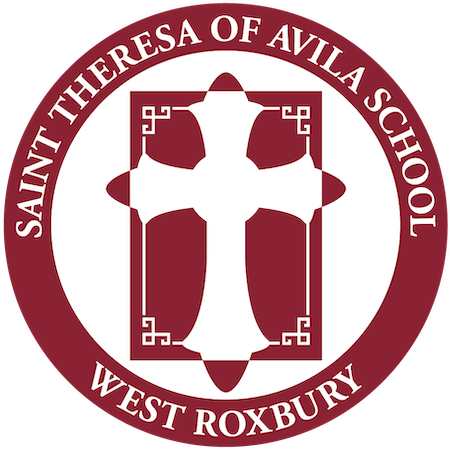grade 3
Religion
The Grade 3 Religion program develops faith through a spiral curriculum based on the four pillars of the Catechism of the Catholic Church. Doctrinal concepts are developed so the students have knowledge of their Catholic tradition and common language of faith. The students grow in their appreciation of the Mass and the Sacraments. The moral teaching of the Church is presented through the presentation of the Beatitudes, Commandments, and Precepts of the Church. Prayer is developed through a wide variety of prayer experiences. Finally, Sacred Scripture provides a solid foundation for learning about the Catholic faith. The series used to implement this curriculum is RCL Benziger’s Blest Are We, Catholic School Version 3.
English/Language Arts
The Grade 3 English/Language Arts curriculum supports the importance of having a sound understanding of reading, language, written and oral communication, and listening in a modern, literate society. Students are taught according to the Massachusetts Common Core State Standards for Language Arts. Students acquire skills related to the command of standard English grammar and usage, foundational reading skills for fluent reading, exploring and analyzing informational text, and appreciating literature and the elements of fiction. Speaking and listening skills are developed and strengthened. Writing experiences and processes from research reports to poetry are practiced. Lessons and activities in the English/Language Arts program appeal to multiple intelligences, so that all children are able to learn. Texts and consumable texts which help support this well rounded understanding of language are: Pearson: My View, Scott Foresman Spelling, and Loyola Press Voyages in English.
Math
The Grade 3 Mathematics program, Pearson enVision Math Common Core , enables students to learn how to use mathematics to organize, understand, compare, and interpret experiences in their everyday lives. Through engaging math activities, designed to appeal to every level of learning, students acquire necessary problem solving skills. Lessons transition from concrete to abstract. The use of manipulatives, technology, texts, multi-sensory experiences, group work and independent practice contribute to a math curriculum which allows the student to be successful in a math filled world.
Science
The Grade 3 science program enables and encourages the students to explore life science, physical science, earth and space science in God’s world, using observation, experimentation, and problem solving. There is an emphasis on the scientific method, whereby students question, create a hypothesis, plan an experiment and then test the hypothesis. They make observations, then gather, analyze and interpret recorded data. Students use math skills to estimate, measure and graph. Also incorporated in the curriculum is technology and engineering for elementary education, whereby students learn the engineering design process to construct prototypes. Literacy skills are enhanced as students read, write and communicate findings. Textbooks used are Interactive Science, Scholastic News Magazine, and Scholastic News Science Spin. Supplementary material for engineering units is provided by the Boston Museum of Science’s Engineering is Elementary Program.
Social Studies
The Grade 3 Social Studies program develops the student’s knowledge of the world in which the student lives. The main focus of the curriculum is the study of communities and their history, culture, government, geography, populations, and economics. Multicultural awareness is a strong theme throughout the curriculum. Students also learn about their own communities, cities and regions. Current events are read and discussed by means of Scholastic News Magazine. The Grade 3 Social Studies curriculum is taught with the text Scott Foresman Social Studies: Communities.
The third grade curriculum adheres to the Common Core Standards and Massachusetts Curriculum Frameworks.
